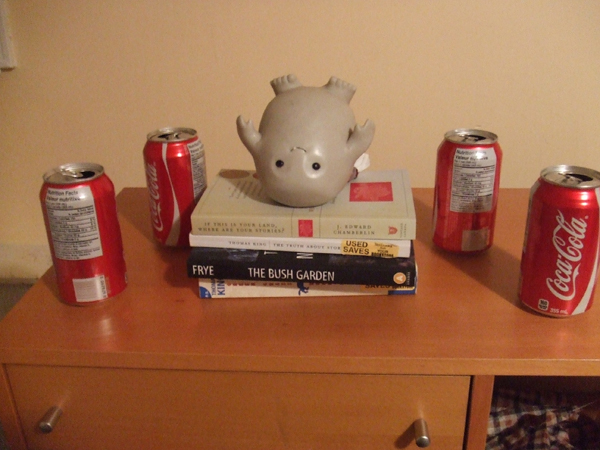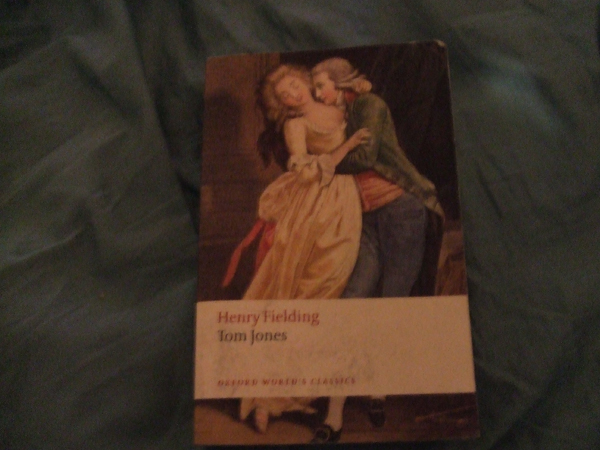Predictably, I have already dropped the ball in many ways as far as the running of this blog goes. If these unattractive posts suddenly sprout images at more sensible, later times, it is because the mistress is embroiled in an eternal battle with aesthetics and needs a thousand sleeps to come up with something clever during midterm season. She is also a big fan of the cop out, and runs under the impression that being honest about her folly will lead to kindness.
And now, without further ado. It’s time to tell a little story. Not the best or most creative one, mind you, but a story nonetheless. It may even be somewhat autobiographical.
Its about a man who spent most of his life struggling to tell great stories. He told serviceable ones that sometimes even put the fine meat on the table and enjoyed modest popularity, but nothing truly awe inspiring came out of him. One year, the fickle muse struck and he was able to tell a story that was truly captivating. I can’t really think about how it might have gone, but it had wit and it tapped into something so basic and human that it touched the very souls of all who experienced it. We do love what we are entertained by and can identify with best after all.
His success validated his existence to himself for quite some time. Flush from the glow, he was encouraged to continue, thinking that if something like this was to come out of him once, why couldn’t it do so again? Was it not proof of his latent talent? But the fickle muse had moved on to another vessel, and he never did reach that level of greatness again.
Did he live poorly? Well, I will be kind and say the story was such a success that he would be able to live comfortably off of the revenue from his finest work for the rest of his life. But he could not stop chasing greatness, having tasted it once, and finding another story such as that became his personal white whale. He wrung stories out of his heart like one does a wet towel, and as much as he struggled to find that precious drop of brilliance he never did. He wished he could go back to a time where he had never been so clever, so capable of portraying something so universal in such a beautiful way. It was easier to be mediocre when he had never been great.
Reflection:
The first thing worth mentioning is that I am… truly uncomfortable with speech. I can’t say why. The amount of ‘ums’ and ‘ers’ and fidgeting that happened while telling this thing was embarrassing. I’m one of those people that loves textual communication because it takes a load off somehow.
Having had little access to other people this week, I caught my room mates after an evening of drunken revelry to tell this story as best as I could, and I don’t think it’s quite the same because I was in a hurry to come up with something. I think one of them chose to go for a shower after. Room mates are hard to manage. They were not in the mood, so it did not fly. Timing really is everything.
Later, I met a friend and told him a very hurried, paraphrased version. Buckets of sweat were expelled and the neighbourhood of Kitsilano was temporarily flooded. When the waters subsided, he said he liked it, and since I’d cheated and told him the moral it was meant to have (whoops) he even said he knew how it fit in. I felt a bit better.




